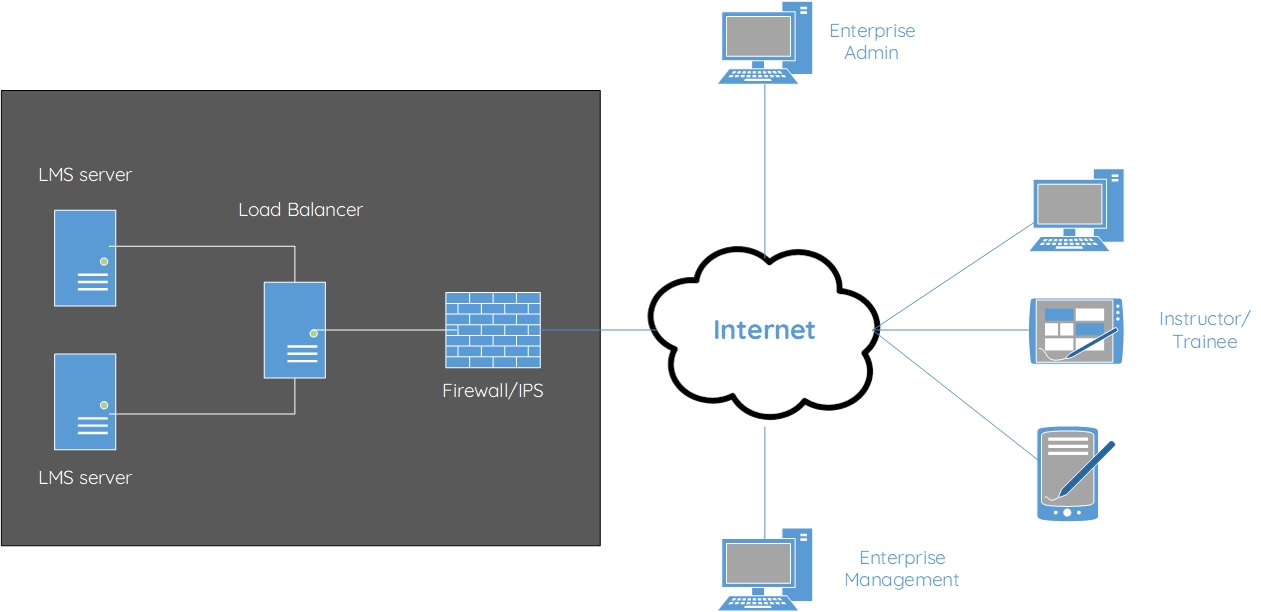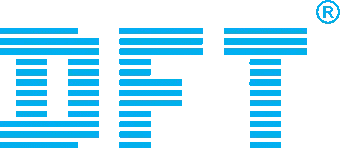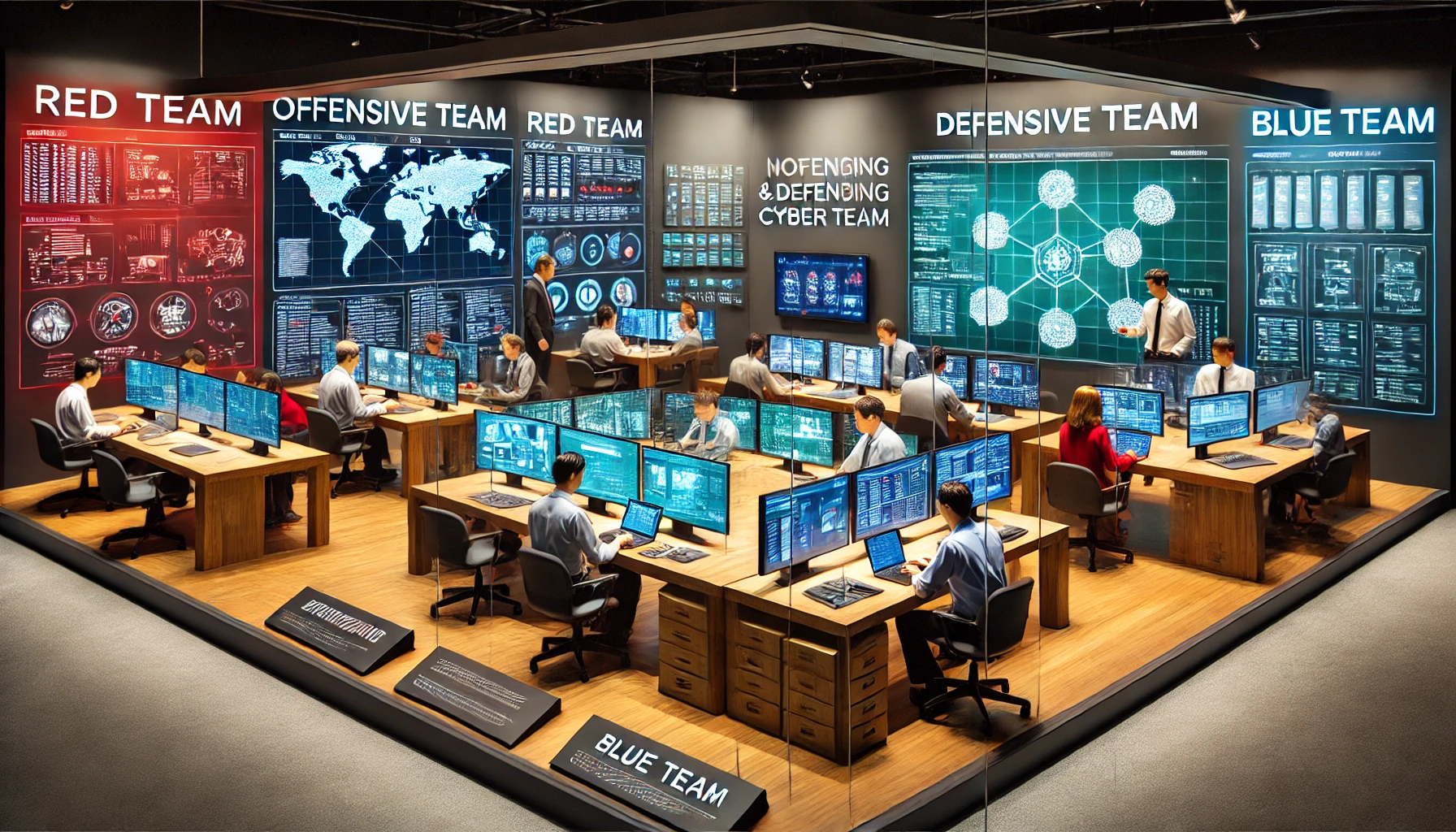
The shift towards online learning has seen significant growth in recent years, driven by both convenience and the impact of the COVID-19 pandemic. Today, businesses and educational institutions are seeking digital transformation in training, aiming to create a more flexible and accessible learning environment. However, without the implementation of online learning, organizations face several critical challenges:
- Geographical limitations: Learners are required to attend physical locations, creating barriers for those residing in remote areas or unable to travel frequently.
- Lack of flexibility in learning schedules: Courses are restricted by fixed timetables, preventing learners from adjusting their study time according to individual needs.
- Difficulty in tracking and managing learning progress: Tools for monitoring and assessing learner performance lack automation, making it challenging to supervise and adjust learning plans effectively.
- High operational costs: Significant investment in physical infrastructure, traditional learning materials, and maintaining in-person classes leads to high long-term costs.
- Slow content updates: Adapting and updating learning materials to stay aligned with emerging trends or changing market demands becomes cumbersome and costly.
Executive Summary
DFT LMS is an advanced Learning Management System (LMS) that supports both online and blended learning models, offering deployment options on cloud or on-premise infrastructure. Provided under the SaaS (Software as a Service) model, DFT acts as the platform provider, allowing training centers or enterprises to leverage this solution to streamline and optimize their training management processes with enhanced flexibility and operational efficiency.
Key Features:
- Digital transformation in education: DFT LMS enables highly personalized learning management, offering comprehensive tracking of individual learner progress. In addition, it delivers robust analytics and reporting tools for administrators, providing insights into course popularity, learner demographics, regional performance, and many other critical metrics to drive strategic decisions.
- Cutting-edge tool integration: DFT LMS incorporates a suite of state-of-the-art technologies designed to elevate the teaching and learning experience, including:
- AI-powered chatbot to enhance learner support and streamline query resolution.
- Metahuman integration for creating immersive and interactive learning experiences.
- Artificial Intelligence (AI) for advanced data analytics and the delivery of personalized learning pathways.
- Gamification mechanics to boost learner engagement and motivation by incorporating game-like features into the learning process.
Advantages
Architectural Model:

Core Features:
- Instructors: Develop course content, design exams, conduct live online sessions, access detailed training reports, and provide student support through chat, email, and web conferencing.
- Learners: Engage in courses, take exams, complete surveys, and interact directly with instructors in real time.
- Administrators: Oversee user management, training programs, course administration, and generate comprehensive system management reports.
Advanced Capabilities:
- Management of both online and in-person learning: Class attendance tracking, instructor performance reviews.
- Certification exam preparation utilizing a pre-existing question bank.
- Survey tools for gathering learner feedback and insights.
- Integration with lecture video creation tools and seamless integration of web conferencing platforms.
- Automated lab creation and management tools for enhanced hands-on learning experiences.



